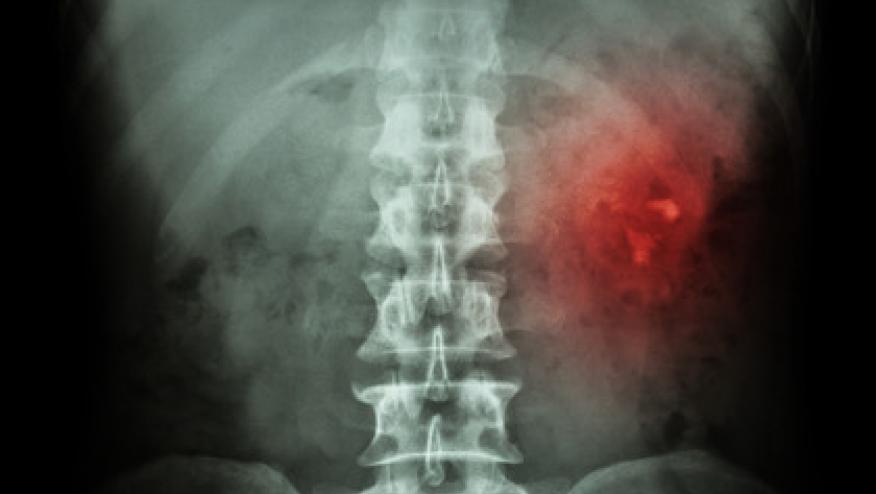Early Predictive Factors for Scleroderma Renal Crisis Save

It has been historically said that risk factors for scleroderma renal crisis (SRC) includes include cold exposure, steroid use, dehydration, rapid progression of skin disease, tendon friction rubs, anti-RNA polymerase III antibodies and pregnancy. A new study examines risk factor for SRC at the onset and diagnosis in systemic sclerosis patients.
Researchers from Reed National Military Medical Center studied a systemic sclerosis (SSc) cohort seen between 2005 and 2016, specifically looking at 31 cases of newly diagnosed SSc cases who developed SRC after SSc diagnosis (compared to 322 without SRC).
The following findings at SSc diagnosis were predictive of future SRC:
- proteinuria (p < 0.001; OR 183, 95% CI 19.1–1750),
- anemia (p = 0.001; OR 9.9, 95% CI 2.7–36.2),
- hypertension (p < 0.001; OR 13.1, 95% CI 4.7–36.6),
- chronic kidney disease (p = 0.008; OR 20.7, 95% CI 2.2–190.7),
- elevated erythrocyte sedimentation rate (p < 0.001; OR 14.3, 95% CI 4.8–43.0),
- thrombocytopenia (p = 0.03; OR 7.0, 95% CI 1.2–42.7),
- hypothyroidism (p = 0.01; OR 2.8, 95% CI 1.2–6.7),
- anti-Ro antibody seropositivity (p = 0.003; OR 3.9, 95% CI 1.6–9.8), and
- anti-RNA polymerase III antibodies (p = 0.02; OR 4.1, 95% CI 1.2–13.8).
Individually the predictive value for SRC was low, but finding any three or more of these present at diagnosis was sensitive (77%) and specific (97%) for future SRC. No SSc without SRC disease controls had ≥ 4 risk factors.
These profiles add to the current list and should be considered in new SSc patients as they may benefit from close observation of blood pressure, proteinuria, and other signs of renal crisis.










If you are a health practitioner, you may Login/Register to comment.
Due to the nature of these comment forums, only health practitioners are allowed to comment at this time.